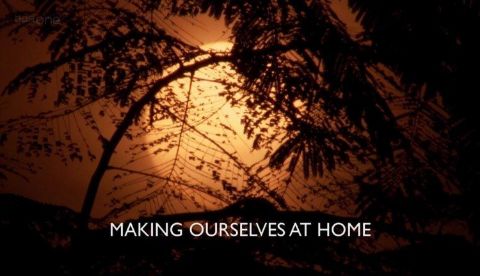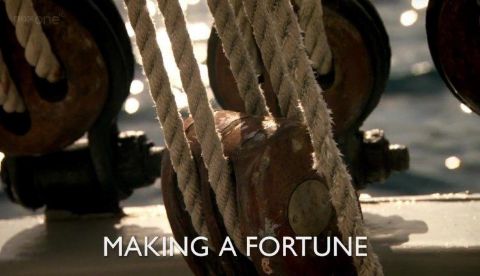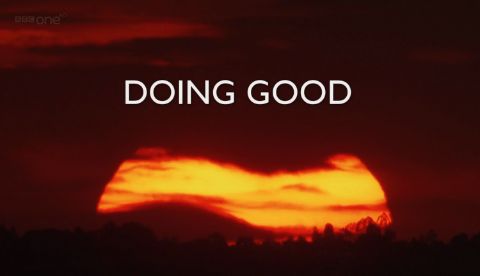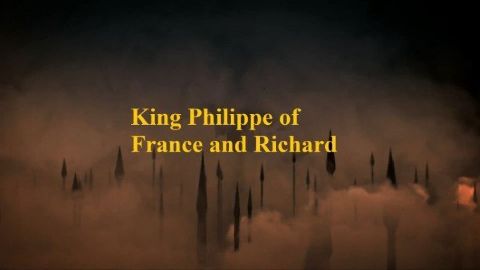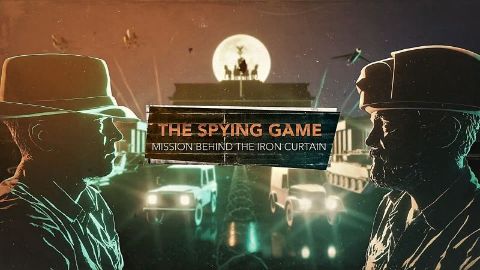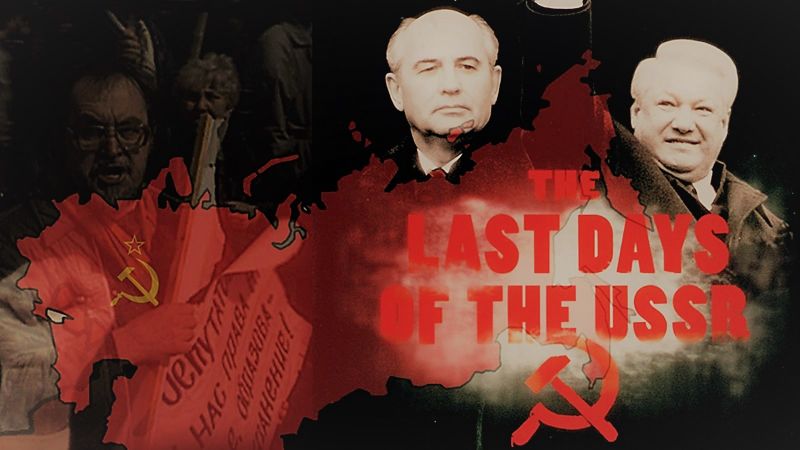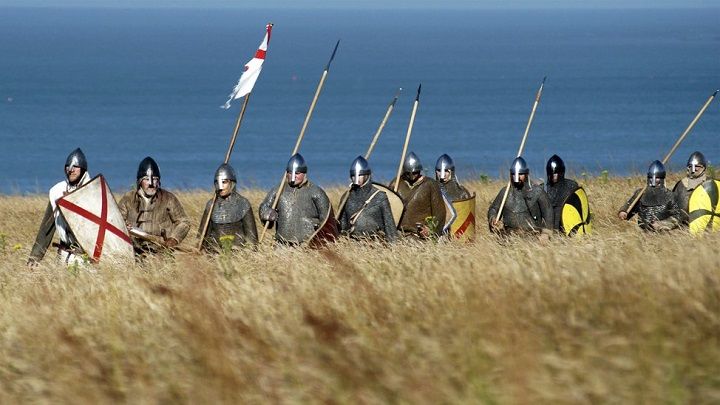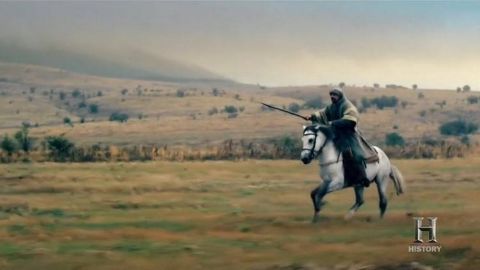Doing Good • 2012 • episode "S1E5" • Empire
In the final part of his personal account of Britain's empire, Jeremy Paxman tells the extraordinary story of how a desire for conquest became a mission to improve the rest of mankind, especially in Africa, and how that mission shaded into an unquestioning belief that Britain could - and should - rule the world. In Central Africa, he travels in the footsteps of David Livingstone who, though a failure as a missionary, became a legendary figure - the patron saint of empire who started a flood of missionaries to the so-called 'Dark Continent'. In South Africa, Paxman tells the story of Cecil Rhodes, a man with a different sort of mission, who believed in the white man's right to rule the world, laying down the foundations for apartheid. The journey ends in Kenya, where conflict between white settlers and the African population brought bloodshed, torture and eventual withdrawal.
Make a donation
Buy a brother a hot coffee? Or a cold beer?
Hope you're finding these documentaries fascinating and eye-opening. It's just me, working hard behind the scenes to bring you this enriching content.
Running and maintaining a website like this takes time and resources. That's why I'm reaching out to you. If you appreciate what I do and would like to support my efforts, would you consider "buying me a coffee"?
Donation addresses
BTC: bc1q8ldskxh4x9qnddhcrgcun8rtvddeldm2a07r2v
ETH: 0x5CCAAA1afc5c5D814129d99277dDb5A979672116
With your donation through , you can show your appreciation and help me keep this project going. Every contribution, no matter how small, makes a significant impact. It goes directly towards covering server costs.

